Making a Suicide Safety Plan
 A safety plan is a set of steps you can take when you feel suicidal. It includes your warning signs, coping strategies, and people to ask for support. You can write your own safety plan or use a free phone app. But it’s best to work with a therapist to make your plan. Read more ›
A safety plan is a set of steps you can take when you feel suicidal. It includes your warning signs, coping strategies, and people to ask for support. You can write your own safety plan or use a free phone app. But it’s best to work with a therapist to make your plan. Read more ›
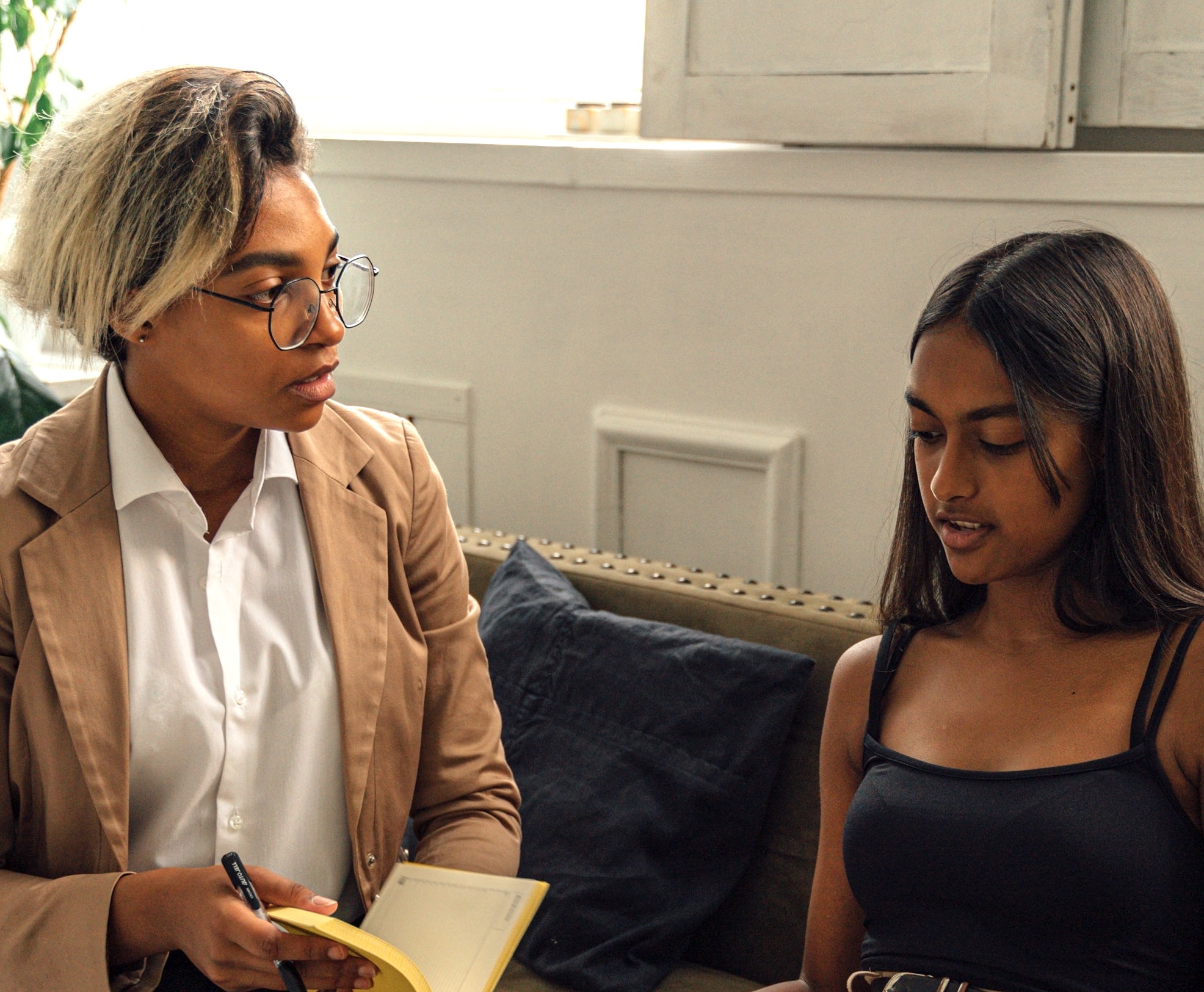
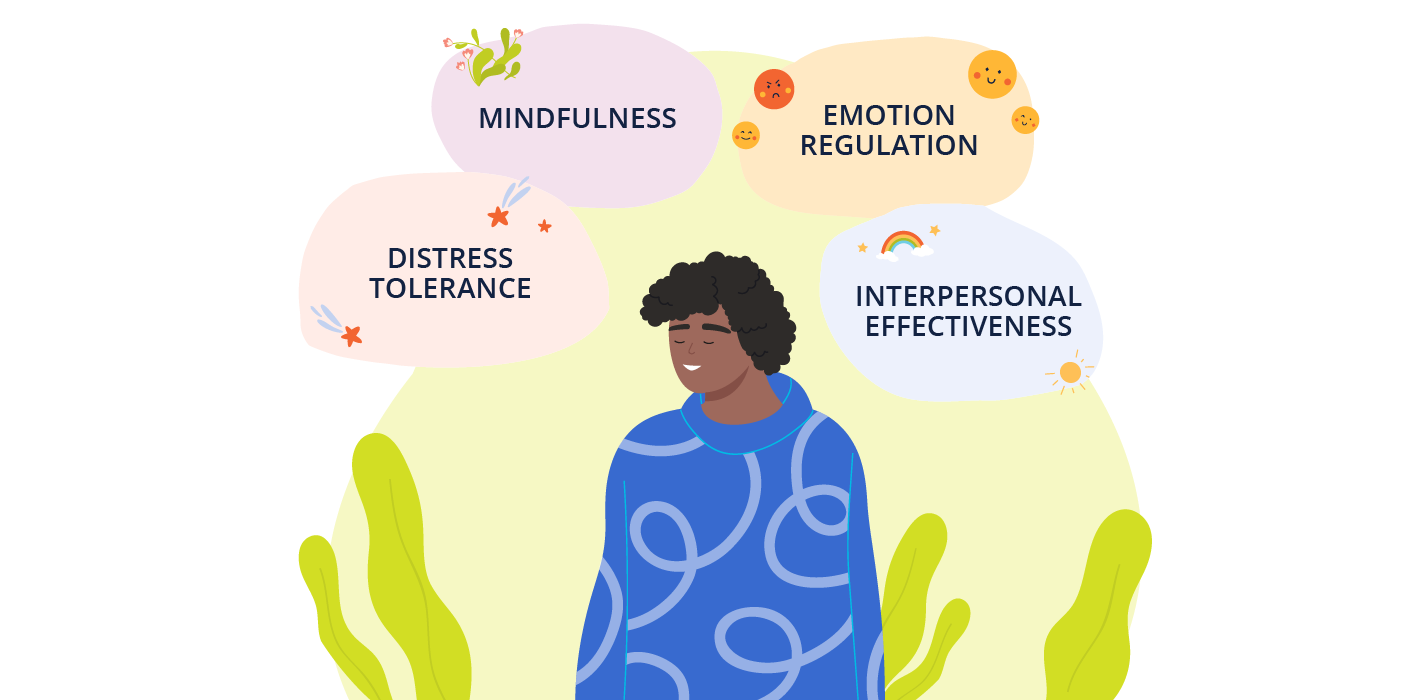

 Studies indicate that Dialectical Behavior Therapy (DBT) is “the best tool we have” for self-harming and suicidal adolescents. So what is it and why is it so effective? DBT teaches important social-emotional and resilience skills for life enhancement.
Studies indicate that Dialectical Behavior Therapy (DBT) is “the best tool we have” for self-harming and suicidal adolescents. So what is it and why is it so effective? DBT teaches important social-emotional and resilience skills for life enhancement. 
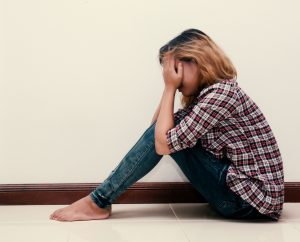 Entering adulthood can be an emotional time, but sometimes the ups and downs can mean something more. Millions of young adults are living with a mental or substance use disorder and many either do not realize they have one or are not paying attention to the signs and not seeking help.
Entering adulthood can be an emotional time, but sometimes the ups and downs can mean something more. Millions of young adults are living with a mental or substance use disorder and many either do not realize they have one or are not paying attention to the signs and not seeking help. 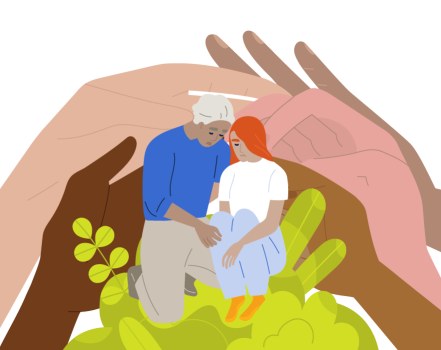
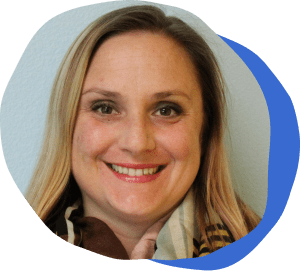 In honor of Suicide Prevention Awareness Month, we continue our coverage of this complex topic in our Voices of Compassion podcast series with a brand new episode.
In honor of Suicide Prevention Awareness Month, we continue our coverage of this complex topic in our Voices of Compassion podcast series with a brand new episode. 
 Mental health problems don’t only affect adults. Children, teens and young adults can have mental health problems, too. In fact, three out of four people with mental health problems showed signs before they were 24 years old.
Mental health problems don’t only affect adults. Children, teens and young adults can have mental health problems, too. In fact, three out of four people with mental health problems showed signs before they were 24 years old. 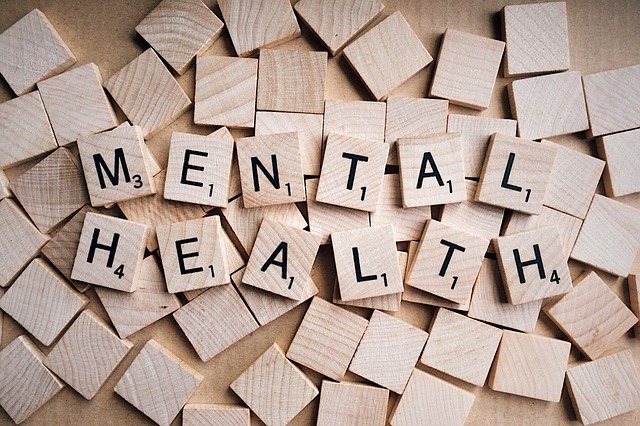
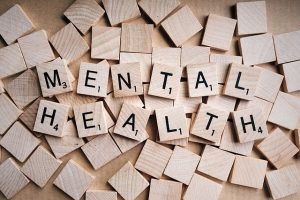 Early in his first quarter at the University of California-Davis, Ryan Manriquez realized he needed help. A combination of pressures — avoiding covid-19, enduring a breakup, dealing with a disability, trying to keep up with a tough slate of classes — hit him hard.
Early in his first quarter at the University of California-Davis, Ryan Manriquez realized he needed help. A combination of pressures — avoiding covid-19, enduring a breakup, dealing with a disability, trying to keep up with a tough slate of classes — hit him hard. 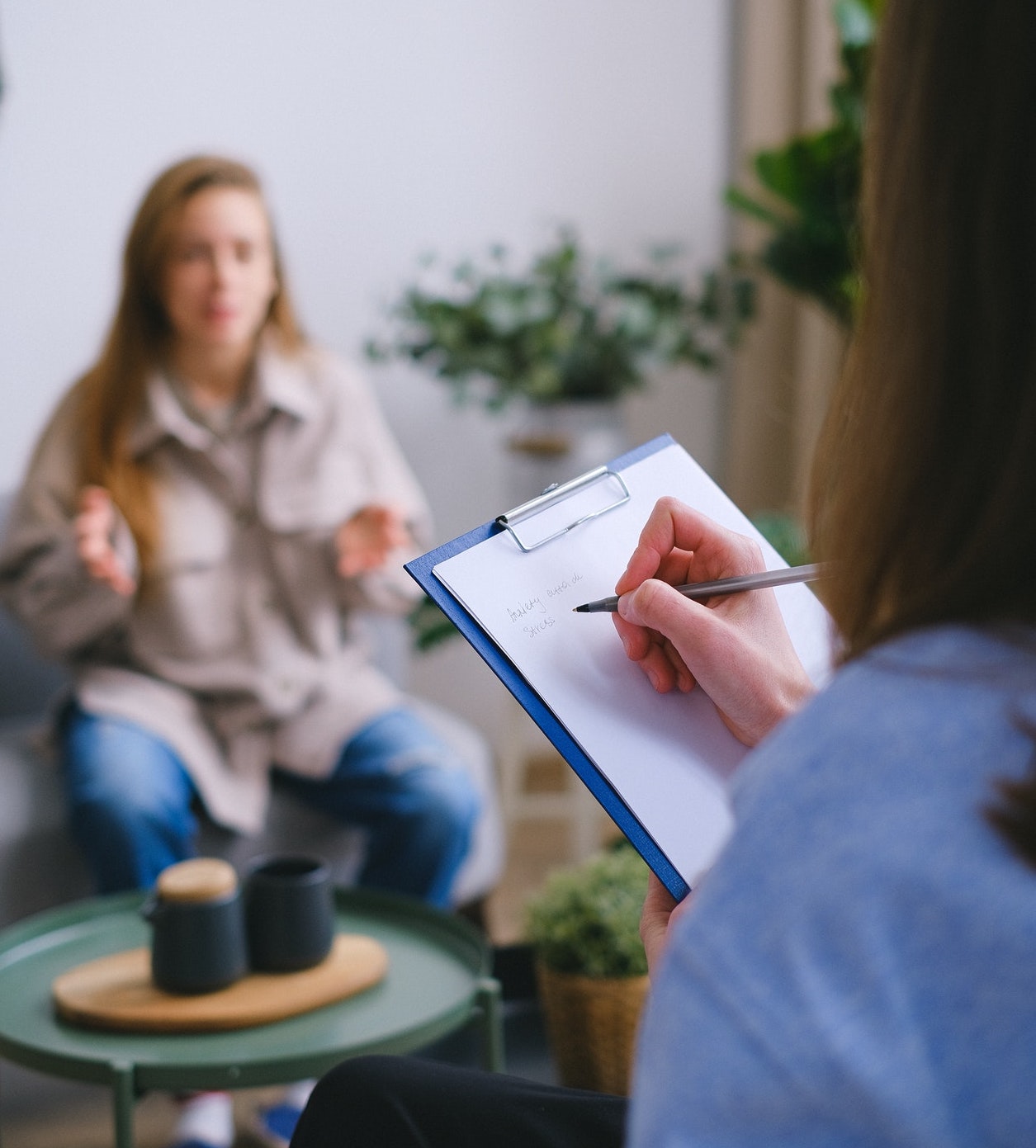
 During my nearly 15 years as an adolescent psychiatrist, I have worked with hundreds of young people and their families seeking a path to mental health through problem-solving, relationship and communication tools—and when appropriate—medication. But, until last year, I had not seen hopelessness so prevalent in young people.
During my nearly 15 years as an adolescent psychiatrist, I have worked with hundreds of young people and their families seeking a path to mental health through problem-solving, relationship and communication tools—and when appropriate—medication. But, until last year, I had not seen hopelessness so prevalent in young people. 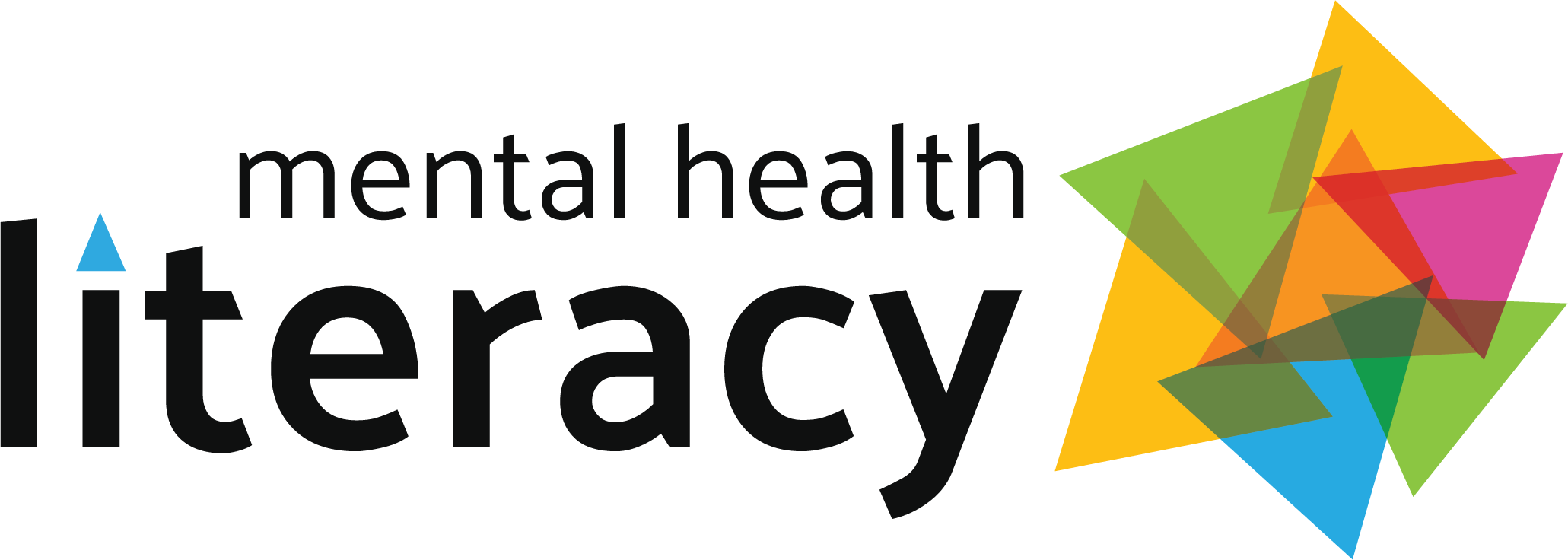

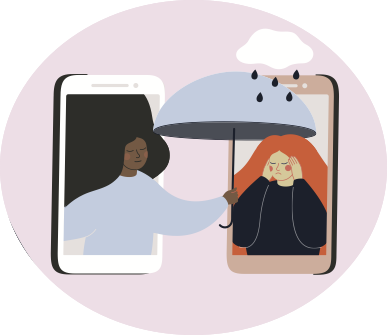
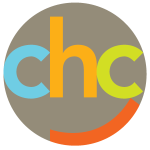
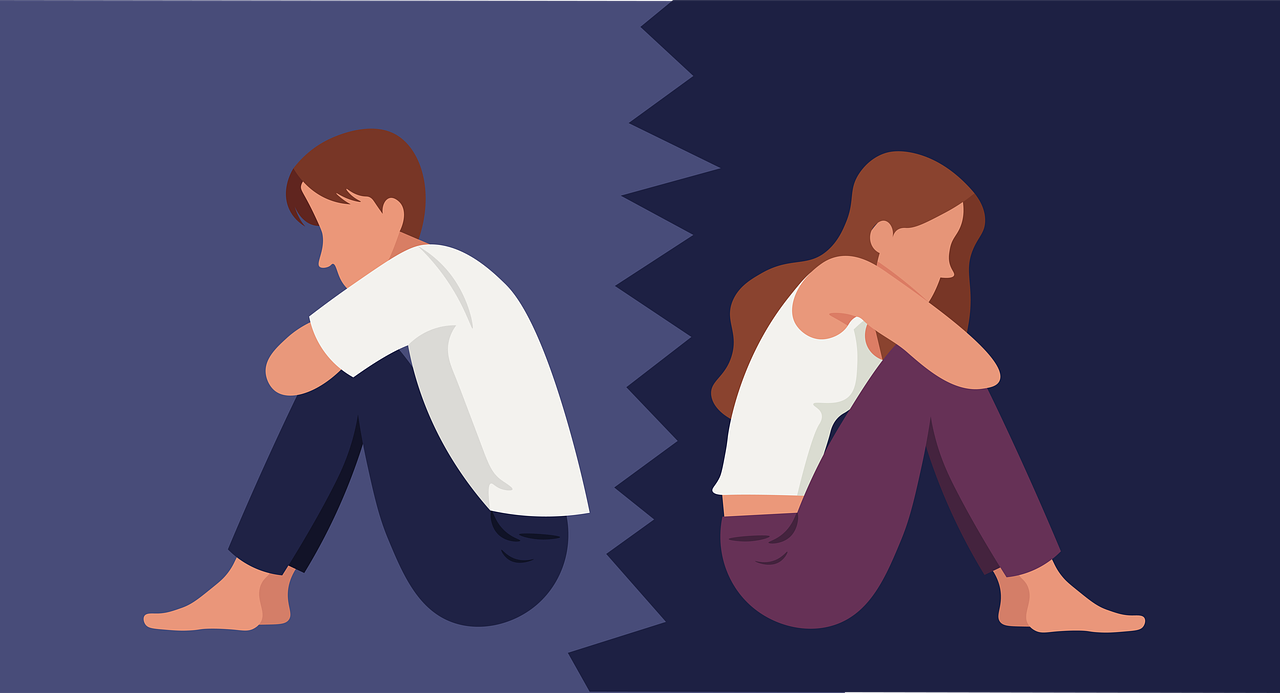
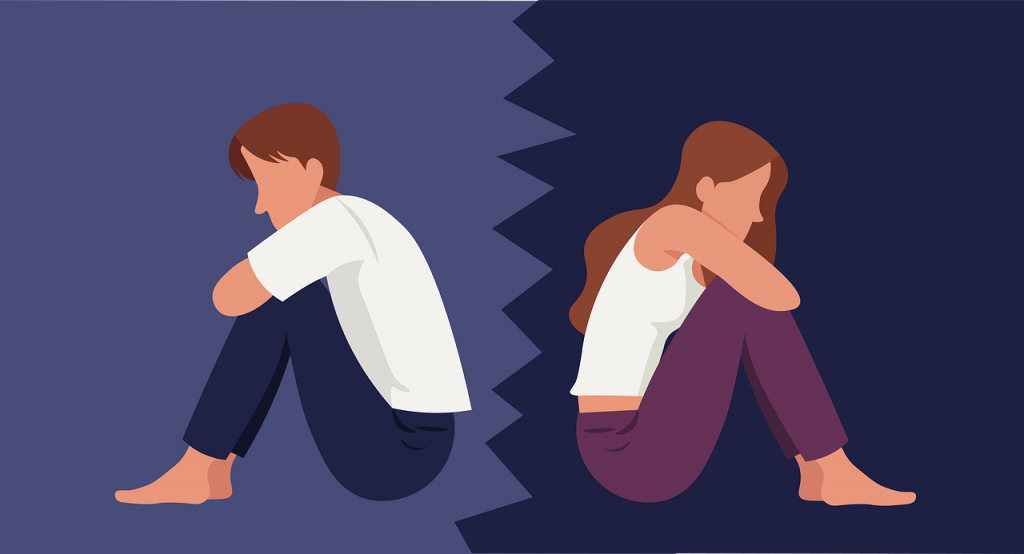 First, determine how much your symptoms interfere with your daily life. This fact sheet from the
First, determine how much your symptoms interfere with your daily life. This fact sheet from the 

